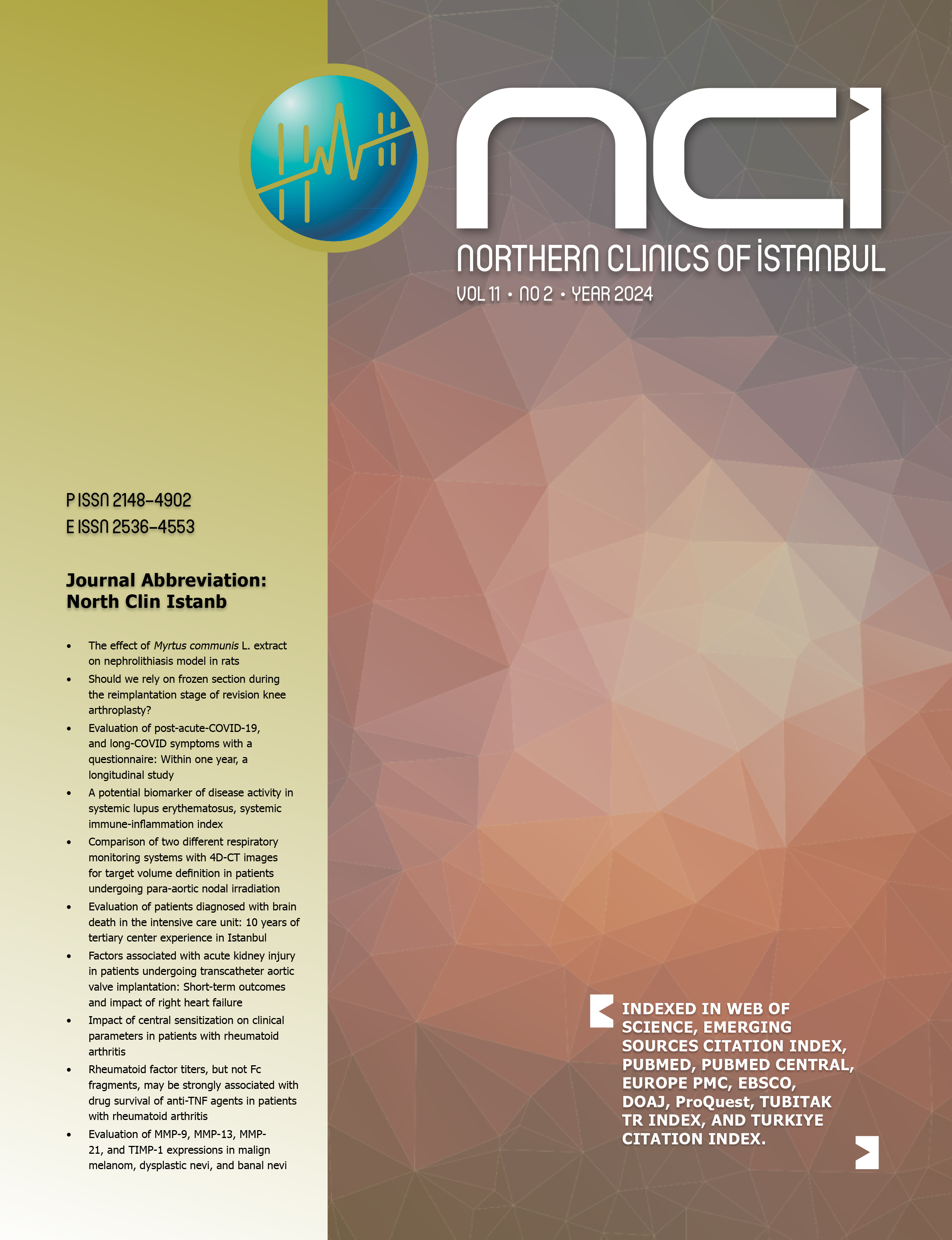Preconception consultation using treadmill exercise stress echocardiography for pregnant women with the left-sided heart valve stenosis: A preliminary report
Nasibeh Mohammadi1, Maryam Shojaeifard2, Fahimeh Kashfi3, Farnoosh Larti4, Maryam Chenaghlou5, Yousef Rezaei3, Niloufar Samiei31Rajaie Cardiovascular Medical and Research Center, Iran University of Medical Sciences, Tehran, Iran2Echocardiography Research Center, Rajaie Cardiovascular Medical and Research Center, Iran University of Medical Sciences, Tehran, Iran
3Heart Valve Disease Research Center, Rajaie Cardiovascular Medical and Research Center, Iran University of Medical Sciences, Tehran, Iran
4Imam Khomeini Hospital Complex, Tehran University of Medical Sciences, Tehran, Iran
5Cardiovascular Research Center, Tabriz University of Medical Sciences, Tabriz, Iran
OBJECTIVE: Pregnancy can increase gradients across the heart valves and consequently deteriorates maternal and fetoneonatal conditions. Hence, pregnancy during heart valve diseases can be challenging and we need to risk stratify patients before conception. We tried to assess the role of preconception consultation using treadmill stress echocardiography (TSE) testing for identifying pregnancy outcomes in women with mitral valve stenosis (MS) or aortic valve stenosis (AS).
METHODS: Pregnant patients with a diagnosis of MS or AS were evaluated from January 2015 to December 2018. First group included patients undergoing the TSE testing and they were permitted to get pregnant if they met pre-defined criteria. Second group comprised women who did not undergo TSE testing. Maternal and fetoneonatal outcomes were also recorded.
RESULTS: A total of 29 and 18 patients with MS and AS, respectively, were recruited. Among MS patients, individuals without TSE had more functional deterioration (11.1% vs. 35%) and more fetoneonatal events (FNE) (22.2% vs. 55%) compared with those undergoing TSE. The rates of maternal events and mitral valvuloplasty during pregnancy were significantly higher in patients without TSE compared with those undergoing TSE (p=0.015 and p=0.042, respectively). Among AS patients, maternal and FNE were higher in patients without TSE compared with those undergoing TSE, but those were comparable.
CONCLUSION: Pregnant patients with the left-sided valvular stenosis who received preconception TSE testing had better outcomes compared with those who did not undergo preconception consultation. This underscores the utility of stress echocardiography in the risk stratification of pregnancies.
Keywords: Aortic valve, mitral valve, pregnancy; stress echocardiography; valvular stenosis.
Manuscript Language: English





















